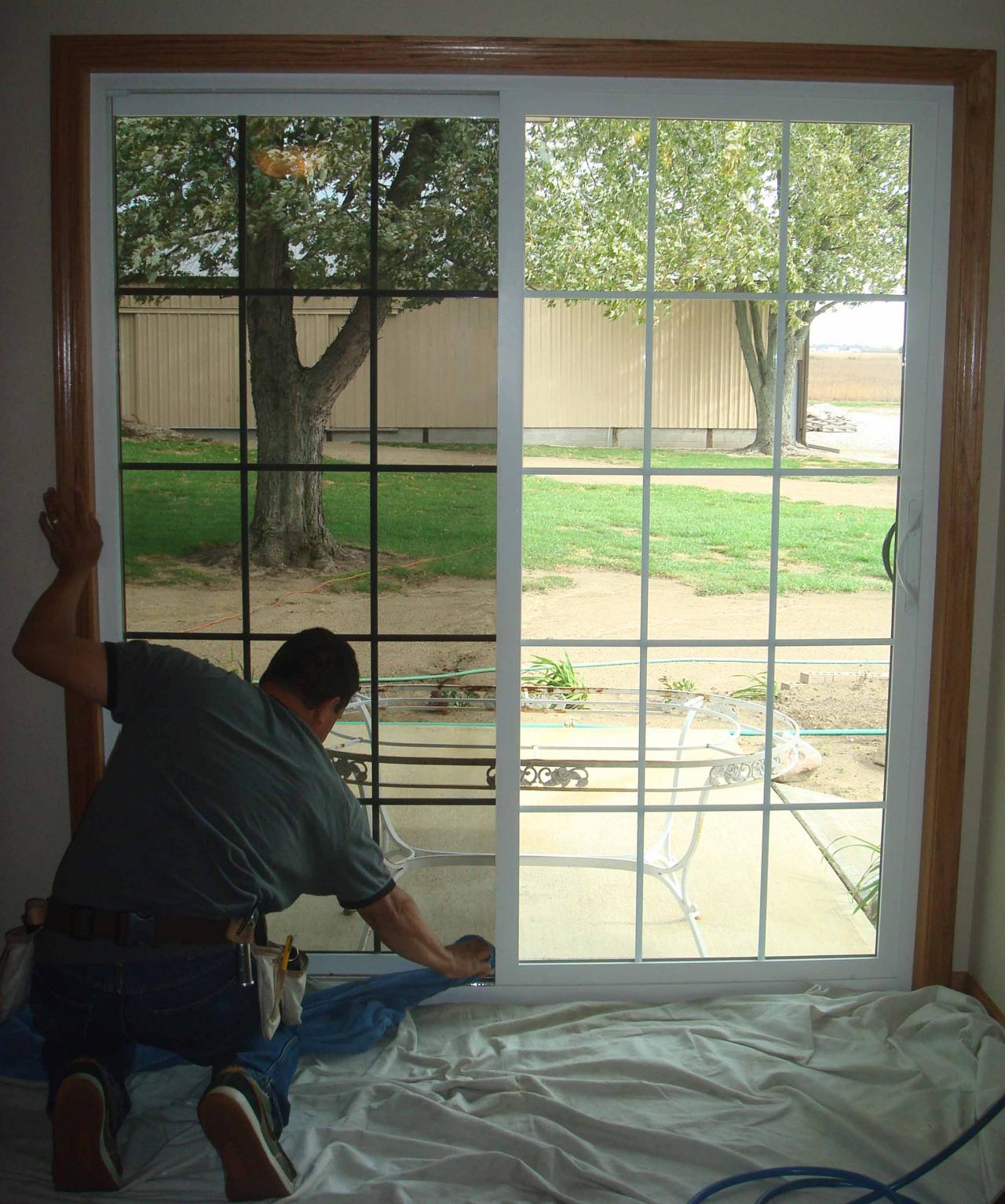Why Residential Window Tint is a Smart Financial Investment for Homeowners
Why Residential Window Tint is a Smart Financial Investment for Homeowners
Blog Article
Just How Residential Window Tinting Boosts Your Home's Energy Performance
Residential window tinting offers a compelling remedy for home owners looking for to enhance energy performance within their living areas. By applying specialized movies to windows, it successfully lowers warm transfer, thereby maintaining indoor temperature levels and reducing the demand for extreme home heating or air conditioning. This not only stops energy usage yet also supplies an extra comfortable atmosphere by minimizing glare. Nonetheless, understanding the subtleties of just how tinting works and picking the suitable kind for your home can be crucial. Strangely enough, what variables should one think about prior to making this financial investment?
Understanding Window Tinting
Comprehending home window tinting is essential for homeowners seeking to enhance both comfort and energy effectiveness in their living areas. Residential Window Tint. Home window tinting includes the application of a thin film to the interior or exterior surface of glass windows. This movie can significantly modulate the amount of sunlight and warmth that gets in a home, hence influencing interior climate conditions
There are different types of home window tinting movies available, each with distinctive properties. The performance of window tinting is frequently gauged by its Visible Light Transmission (VLT) portion, which shows exactly how much light can pass with the movie.
Benefits of Power Effectiveness
Home window tinting not just enhances visual appeals yet likewise plays a substantial function in improving power efficiency within household areas. By lowering warmth transfer via windows, tinted movies create an extra steady indoor climate, which can result in significant reductions in power consumption for cooling and heating. This energy effectiveness converts into reduced energy bills, providing house owners with substantial long-lasting financial savings.

Additionally, home window tinting improves the comfort of living spaces. By decreasing glow and blocking harmful UV rays, colored windows produce an even more pleasurable atmosphere, which can lead to enhanced wellness for passengers. The protection against UV rays also aids protect furnishings and flooring from fading, contributing to the durability of household things.
Just How Tinting Functions
Tinting movies operate via a combination of sophisticated products and technologies created to regulate the quantity of solar energy getting in a home. Mainly made up of polyester, these films often incorporate ceramic or metallic bits that mirror and take in heat. This double capability enables them to significantly minimize the infiltration of ultraviolet (UV) rays and infrared radiation while permitting noticeable light to pass through.
The efficiency of home window tinting is measured by its solar warm gain coefficient (SHGC), which suggests just how much solar power is transferred via the window. Lower SHGC worths are preferable as they signify better heat rejection. Furthermore, home window tints can include a variety of tones, allowing home owners to customize their aesthetic choices while boosting power efficiency.
Additionally, these movies work as an obstacle, preventing warmth loss during chillier months by showing indoor heat back right into the home. This thermal insulation result enhances the air conditioning benefits gained during warmer months, adding to a balanced indoor climate year-round. By handling solar power efficiently, domestic window tinting not only improves comfort however likewise plays a vital role in decreasing energy consumption and lowering utility expenses.
Selecting the Right Color

There are various types of window films offered, consisting of colored, metalized, and ceramic. Ceramic movies give excellent warm control without compromising presence and are very durable, making them a popular choice.
Noticeable light transmission (VLT) is another important aspect, as it shows the quantity of all-natural light that can go through the tinted glass. House owners should choose a color with a VLT that enhances their lights choices while still offering sufficient glare decrease.
Furthermore, examining the solar warmth gain coefficient (SHGC) can help establish how well a color can obstruct warmth from sunlight. A lower SHGC indicates better warmth control, inevitably enhancing power performance.
Setup and Maintenance Tips
Correct setup and maintenance are essential elements in making best use of the advantages of domestic window tinting. To attain ideal results, it is suggested to employ a qualified professional for installment. This ensures that the color is applied appropriately, staying clear of air bubbles, wrinkles, or imbalance that might compromise efficiency. Professionals additionally make use of specialized techniques and tools, which can enhance the sturdiness and efficiency of the color.
Following setup, upkeep is crucial to prolong the life of the window film. It is suggested to wait at the very least 30 days prior to cleaning the tinted windows to allow the find more adhesive to treat totally.
Additionally, regular inspections are useful. Look for any kind of peeling or bubbling, which can indicate improper installation or put on over time - Residential Window Tint. Addressing these issues quickly can protect against more damages and keep energy performance. By adhering to these setup and upkeep pointers, homeowners can guarantee their window tinting remains to provide significant power savings and comfort for years to come.
Final Thought
In conclusion, property home window tinting serves as an effective service for enhancing energy performance within homes. By decreasing warmth transfer and obstructing dangerous UV rays, window films add Find Out More to lower energy intake and enhanced interior convenience.
Window tinting includes the application of a slim film to the interior or outside surface of glass windows. By minimizing warmth transfer through windows, tinted movies create a more steady interior environment, which can lead to significant reductions in energy intake for home heating and cooling.The effectiveness of pop over here window tinting is determined by its solar warmth gain coefficient (SHGC), which suggests just how much solar energy is transferred with the home window. By handling solar energy properly, residential window tinting not only enhances convenience yet additionally plays a vital role in decreasing energy consumption and reducing energy costs.
By lowering warmth transfer and obstructing harmful UV rays, window films contribute to lower power usage and enhanced indoor convenience.
Report this page